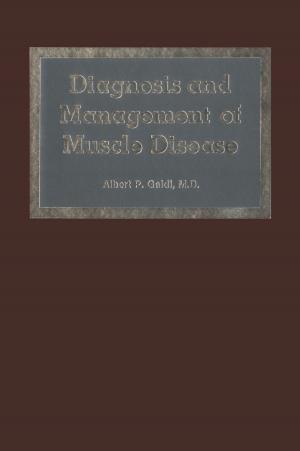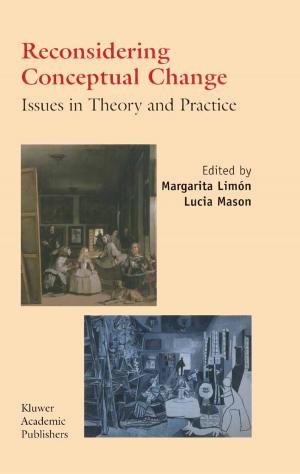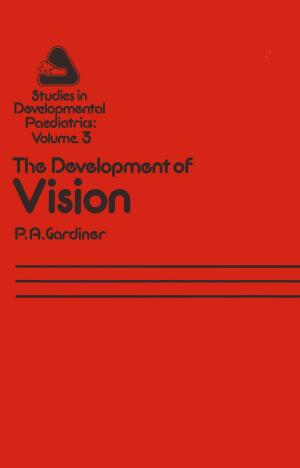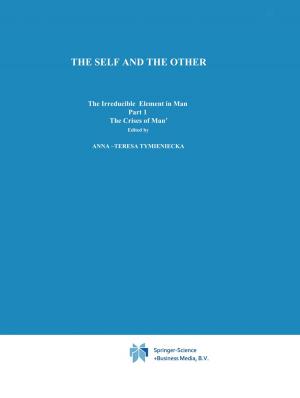The Price of Health
Business & Finance, Economics, Public Finance, Nonfiction, Health & Well Being, Medical, Reference, Ethics, Religion & Spirituality, Philosophy| Author: | ISBN: | 9789400947047 | |
| Publisher: | Springer Netherlands | Publication: | December 6, 2012 |
| Imprint: | Springer | Language: | English |
| Author: | |
| ISBN: | 9789400947047 |
| Publisher: | Springer Netherlands |
| Publication: | December 6, 2012 |
| Imprint: | Springer |
| Language: | English |
Medicine, morals and money have, for centuries, lived in uneasy cohabitation. Dwelling in the social institution of care of the sick, each needs the other, yet each is embarrassed to admit the other's presence. Morality, in particular, suffers embarrassment, for it is often required to explain how money and medicine are not inimical. Throughout the history of Western medicine, morality's explanations have been con sistently ambiguous. Pla.o held that the physician must cultivate the art of getting paid as well as the art of healing, for even if the goal of medicine is healing and not making money, the self-interest of the craftsman is satisfied thereby [4]. Centuries later, a medieval medical moralist, Henri de Mandeville, said: "The chief object of the patient ... is to get cured ... the object of the surgeon, on the other hand, is to obtain his money ... ([5], p. 16). This incompatibility, while general, is not universal. Throughout history, medical practitioners have resolved the problem - either in conscience or to their satisfaction. Some physicians have been so reluctant to make a profit from the ills of those whom they treated that they preferred to live in poverty. Samuel Johnson described his friend, Dr. Robert Levet, a Practiser of Physic: No summons mock'd by chill delay, No petty gain disdain'd by pride; The modest wants of ev'ry day The toil of ev'ry day supplied [3].
Medicine, morals and money have, for centuries, lived in uneasy cohabitation. Dwelling in the social institution of care of the sick, each needs the other, yet each is embarrassed to admit the other's presence. Morality, in particular, suffers embarrassment, for it is often required to explain how money and medicine are not inimical. Throughout the history of Western medicine, morality's explanations have been con sistently ambiguous. Pla.o held that the physician must cultivate the art of getting paid as well as the art of healing, for even if the goal of medicine is healing and not making money, the self-interest of the craftsman is satisfied thereby [4]. Centuries later, a medieval medical moralist, Henri de Mandeville, said: "The chief object of the patient ... is to get cured ... the object of the surgeon, on the other hand, is to obtain his money ... ([5], p. 16). This incompatibility, while general, is not universal. Throughout history, medical practitioners have resolved the problem - either in conscience or to their satisfaction. Some physicians have been so reluctant to make a profit from the ills of those whom they treated that they preferred to live in poverty. Samuel Johnson described his friend, Dr. Robert Levet, a Practiser of Physic: No summons mock'd by chill delay, No petty gain disdain'd by pride; The modest wants of ev'ry day The toil of ev'ry day supplied [3].















